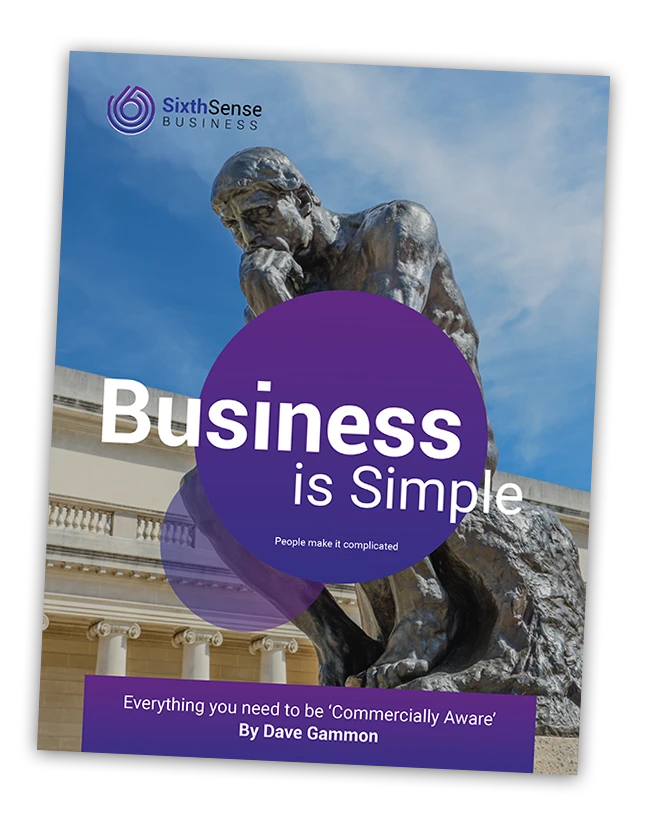Last week I was discussing a program of leadership development for a new client.
I always ask how they want participants to be different as a result of the work I might come in and do for them.
This client highlighted (and it’s something I do hear quite a lot) the idea of personal organization.
I probed them a little more specifically. I wanted to know what were the underlying behaviours that were leading her to conclude personal organization was an important issue.
Sometimes it’s people not doing what they’re asked to do or forgetting /missing stuff because they feel overwhelmed.
It can also be because of a fundamental lack of discipline or maybe they are not delegating enough so they end up doing too much of the doing themselves.
It can also be simply an inability to assertively prioritize and say no to their bosses.
In this case, it was the first two. They were not doing what they’re asked to do or forgetting or missing stuff.
This organization is growing incredibly quickly so you can imagine the frantic nature of everything.
It’s easy for things to slip off people’s radar screens.
I’m glad I asked the question because there’s no time management system or no set of tactics that will resolve these problems at the root cause level.
Over the years, I’ve been on multiple time management courses. I’ve tried every system, whether electronic or paper-based…
…and I’ve never come out feeling any more organized as a result.
That’s because there really is no such thing as time management.
What we’re really dealing with is choice management.
That’s what lies at the heart of most personal organization challenges.
The choices are, what will you focus on, how will you prioritize and at what level of intensity will you operate.
The best way to make choices about priorities and to organize our focus and intensity is unique to everyone, so if you really want people to be more organized…
…you must help them uncover the way that works best for them as individuals.
A great starting point for this is the exercise I do with all the participants in my leadership program.
I get them to track what they did hour by hour on each working day, for two weeks. Some of them choose to extend this into their personal lives as well.
Then I get them to analyse and reflect on how they’re using their time and how they might reorganize to get more of the important stuff done.
